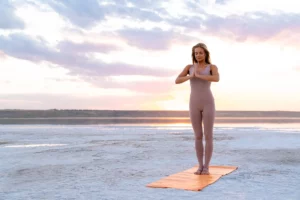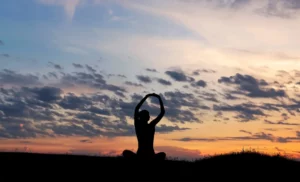“What I regret most in my life are failures of kindness. Those moments when another human being was there, in front of me, suffering, and I responded . . . sensibly. Reservedly. Mildly.” George Saunders’s 2013 commencement address at Syracuse University.
Rather guiltily I have to admit that last week Saunders’ words couldn’t have been further from my mind. I didn’t present my best self to the world, which you can guess is a rather thinly veiled euphemism to disguise what an ass I was. Faced with work challenges I responded with undue aggression to the people involved and it has to be owned that I am not nice when I am aggressive. I am not talking a quick outburst of anger or the raising of my voice – this is more smoke coming out of my ears, full on attack kind of stuff which had my staff either running for cover or rolling their eyes and wanting to head for the hills. You can never justify this kind of behaviour even though each time I tried, asking to be cut a little bit of slack by explaining the reasons for my bad-behaviour, as if the end justified the means!
The problem was it wasn’t a one-off. It has happened a few times in the past few weeks and much like the husband who beats his wife every Saturday night and then prays for forgiveness on the Sabbath with a promise never to repeat the transgression – the excuses, I fear, had grown thin and I further feared another apology would have no credence. I have learned that you can’t edit and wipe the recording when you behave badly, just like you can’t talk your way out of situations your behaviour led into. I have apologised for my actions and for the offence I caused, have had a good talking to myself and put in place some checks so that I’m less likely to make the mistake again. So why am I telling you this?
In the past I spent a lot of time blaming myself and punishing myself for what I am not or for each time I failed to live up to my own and others’ expectations. I realise now that this is no way to live. And I don’t want to do it anymore. However, that doesn’t mean that I am not accountable – I am probably more personally accountable today than I have ever been, but I am more likely to use my mistakes to grow and learn and become better – or at least try to.
I have tended to use regret as a form of punishment – that feeling of sadness, repentance, or disappointment that I can have about something I did or failed to do. I would hate myself for falling short and revealing an imperfection and get caught up in the “if only I had” loop, as if self-punishment was a way of redeeming myself. Today I am trying to spend more time in a positive head space and see things for what they are, inquiring why and learning. I am learning to listen to what is really going on and what is driving my behaviour.
The subject of regrets and what we do with them can be confusing. Should we go with “Things without all remedy should be without regard; what’s done is done”? Or that we should live with no regrets as proclaimed in many self-help books and sung Edith Piaf? Present day culture tends to promote such thinking and will have you believe that we shouldn’t lament what happened in the past as that’s a waste of time, and instead look forward not backwards and strive to live life to the fullest with no regrets! I find this thinking dangerous. I have learned that having regrets is necessary albeit only if you reflect, learn from them and make the changes to make you a better person. But, and maybe you will relate to this, when you let regret drag you into the vortex of past errors and failures, it serves no purpose whatsoever. You cannot change the past but you can use it to re-shape the future.
Brene Brown sums it up perfectly for me “I’ve found regret to be one of the most powerful emotional reminders that change, and growth are necessary. In fact, I’ve come to believe that regret is a kind of package deal: A function of empathy, it’s a call to courage and a path toward wisdom.”
Like all emotions, regret can be used constructively or destructively, but the wholesale dismissal of regret is wrongheaded and dangerous. “No regrets” doesn’t mean living with courage, it means living without reflection. To live without regret is to believe you have nothing to learn, no amends to make, and no opportunity to be braver with your life. I’m not suggesting that we have to live with constant regret and self-flagellation for past digressions but I do think it’s important to allow ourselves to experience and feel it.
Kathryn Schulz’s TED TALK, ‘Don’t regret regrets’ speaks in praise of this universal emotion. “We need to learn to love the flawed, imperfect things that we create and to forgive ourselves for creating them,” she says. The point for me is that it is not to live without regrets but not to hate yourself for having them.
After all, not for nothing is it said that on one’s deathbed a person regrets not what they did in life but rather what they never got round to doing.







